Kaiser Permanente and Mental Health California recently hosted Youth Listening Sessions in 3 Northern California cities — Oakland, Sacramento, and Fresno — to hear directly from people ages 16 to 26 who are or have been in foster care or the juvenile justice system. For participating nonprofit organizations who partner with Mental Health California, the real-time reflections on adverse childhood experiences (ACEs) help them better understand how to serve California’s youth. With children who have been involved with foster care experiencing at least 4 of the 10 types of ACEs, it is also powerful information for therapists to provide even more attuned mental health care to their patients. Meet 4 young people during the Oakland session who talked about life during and after foster care.
Maya Coley, 22
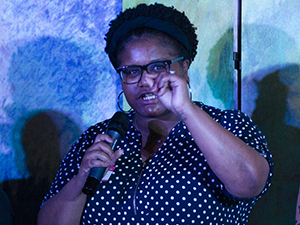 Maya entered foster care at 16, after spending her childhood living with a mother addicted to alcohol and drugs. Not long after, Maya underwent involuntary weekly “reunification” visits with her mother, who was unprepared to take her back.
Maya entered foster care at 16, after spending her childhood living with a mother addicted to alcohol and drugs. Not long after, Maya underwent involuntary weekly “reunification” visits with her mother, who was unprepared to take her back.
“My mother understood she couldn’t physically hurt me anymore, but every week she would make sure to say things that hurt.”
It took 2 months for Maya to convince her foster parents and social worker that the meetings with her mother had to stop. “I have a hard time trusting people. But I really learned that I have to advocate for myself.”
Now a student and peer educator, Maya’s advice is simple: “Listen to foster kids.”
“In the eyes of the people who were around me, I didn’t know what I was talking about. But I had lived with my mother for 16 years. I knew my mother.”
Heather Huddleston, 25
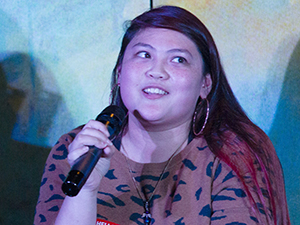 When times got tough for Heather and her family, they moved into a space above their San Francisco Tenderloin neighborhood liquor store. Then a neighbor called Child Protective Services — and Heather and her 6 siblings were scattered throughout California’s foster care system.
When times got tough for Heather and her family, they moved into a space above their San Francisco Tenderloin neighborhood liquor store. Then a neighbor called Child Protective Services — and Heather and her 6 siblings were scattered throughout California’s foster care system.
Today Heather is employed at a San Francisco nonprofit. She suffers from trust issues. It’s hard for her to dream beyond maintaining her low-income apartment.
But a defining moment came in her junior year of high school, when she failed a test and her teacher made a put-down about foster kids. “Because of that experience specifically, I stick up for myself.”
And for others.
“Change the stigmas you believe. Forty percent of homeless individuals were in foster care at some point. The next time you are on the bus and a homeless person sits next to you, try to understand.”
Kejon Swift, 20
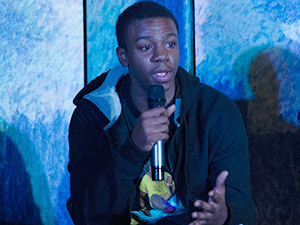 Kejon is majoring in industrial design at Solano Community College, with not 1 but 2 mentors. “I want to design cars,” he said. “And own my own company.”
Kejon is majoring in industrial design at Solano Community College, with not 1 but 2 mentors. “I want to design cars,” he said. “And own my own company.”
But years of having his belongings regularly stolen have left Kejan distrustful of most people. “To this day, it’s still hard for me to trust.”
His own tool for getting through and beyond his experiences is simple.
“I always paid attention. I thought there may be information that I would need later on.”
For those helping youth, he advised, “Be more open to teaching the children you are working with basic life skills to live on their own.”
Justin Martinez, 29
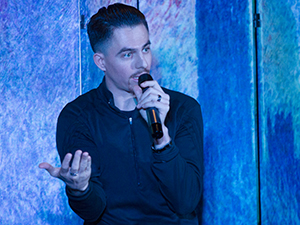 Justin is a senior at San Francisco State University. For him, education is the key to moving beyond a violent childhood.
Justin is a senior at San Francisco State University. For him, education is the key to moving beyond a violent childhood.
Growing up, his father regularly beat his mother. At 14, he and his 3 younger siblings were put into foster care. “I have episodic memories of the violence I have seen performed on my mother. There are lots of triggers that bring back the memories.”
His way out was first sports, then school.
Today, he lobbies to get bills passed on behalf of the foster care community. “Young people can really use some encouragement.”
He believes the cycle of violence stops with education.
“To prevent it, you have to study it.”
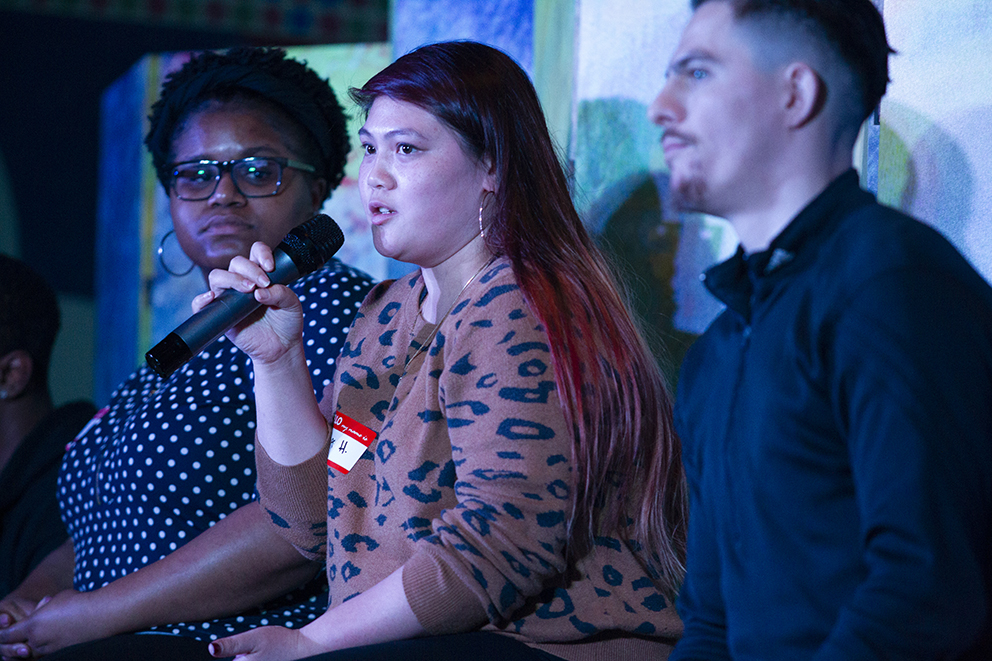
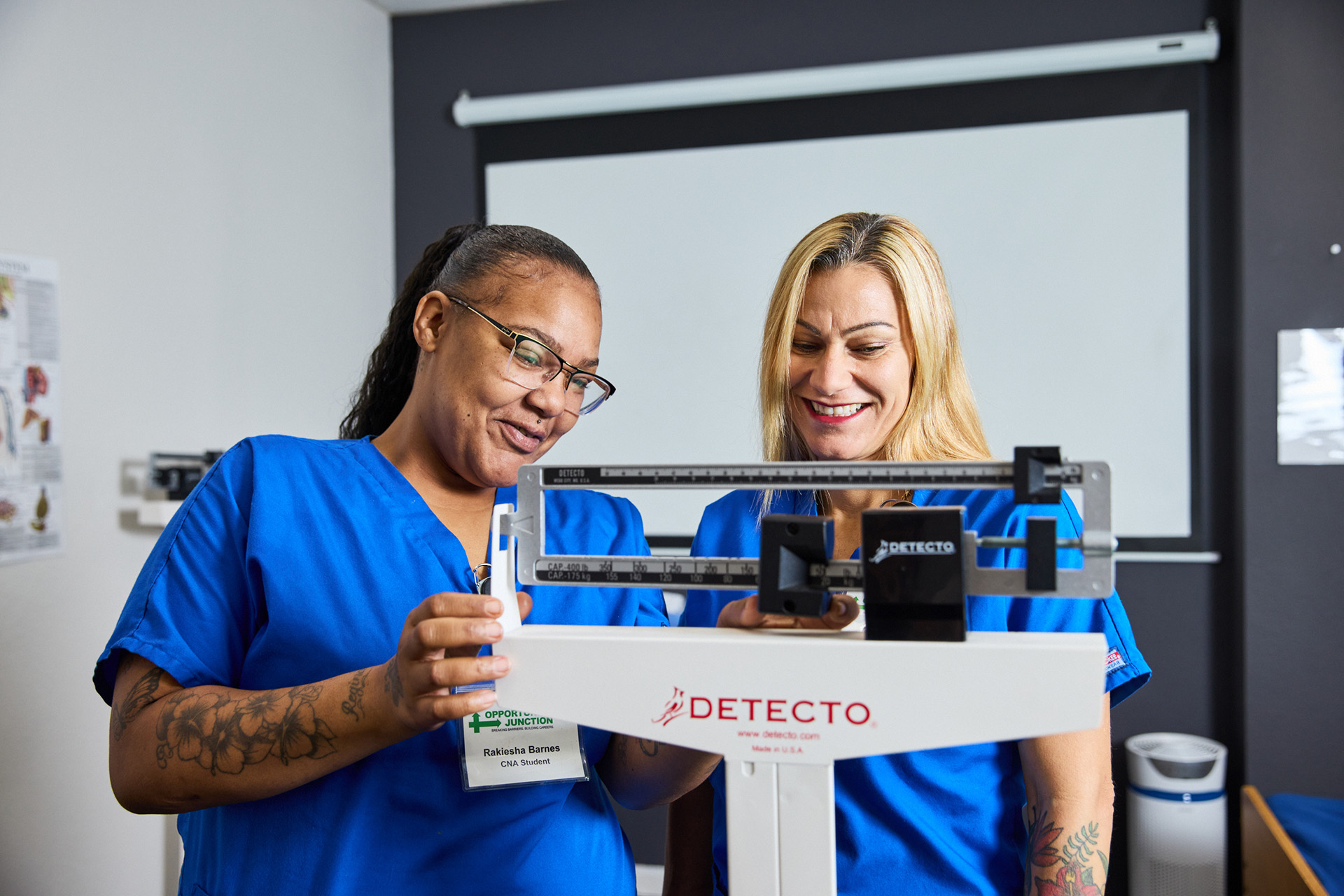
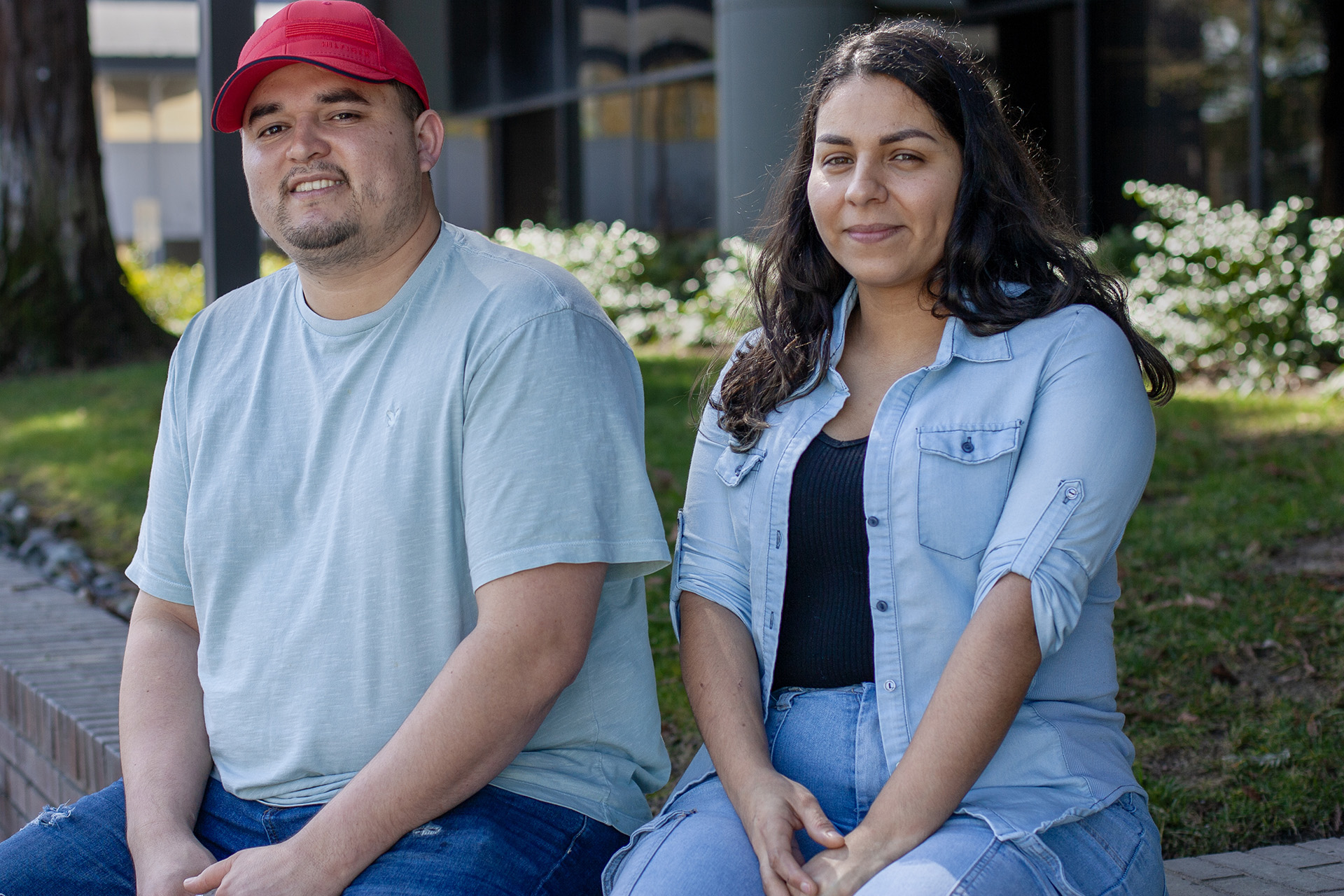
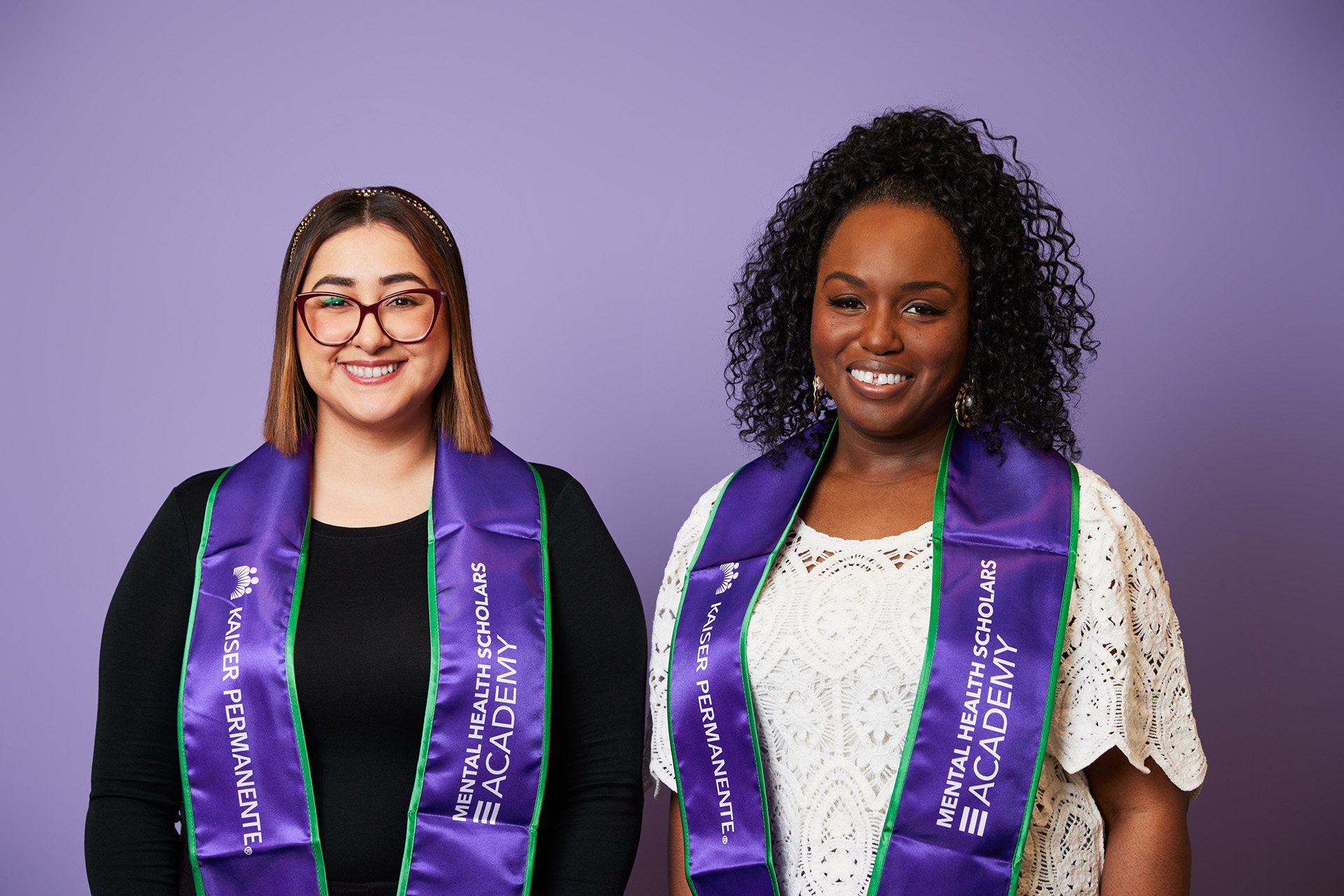
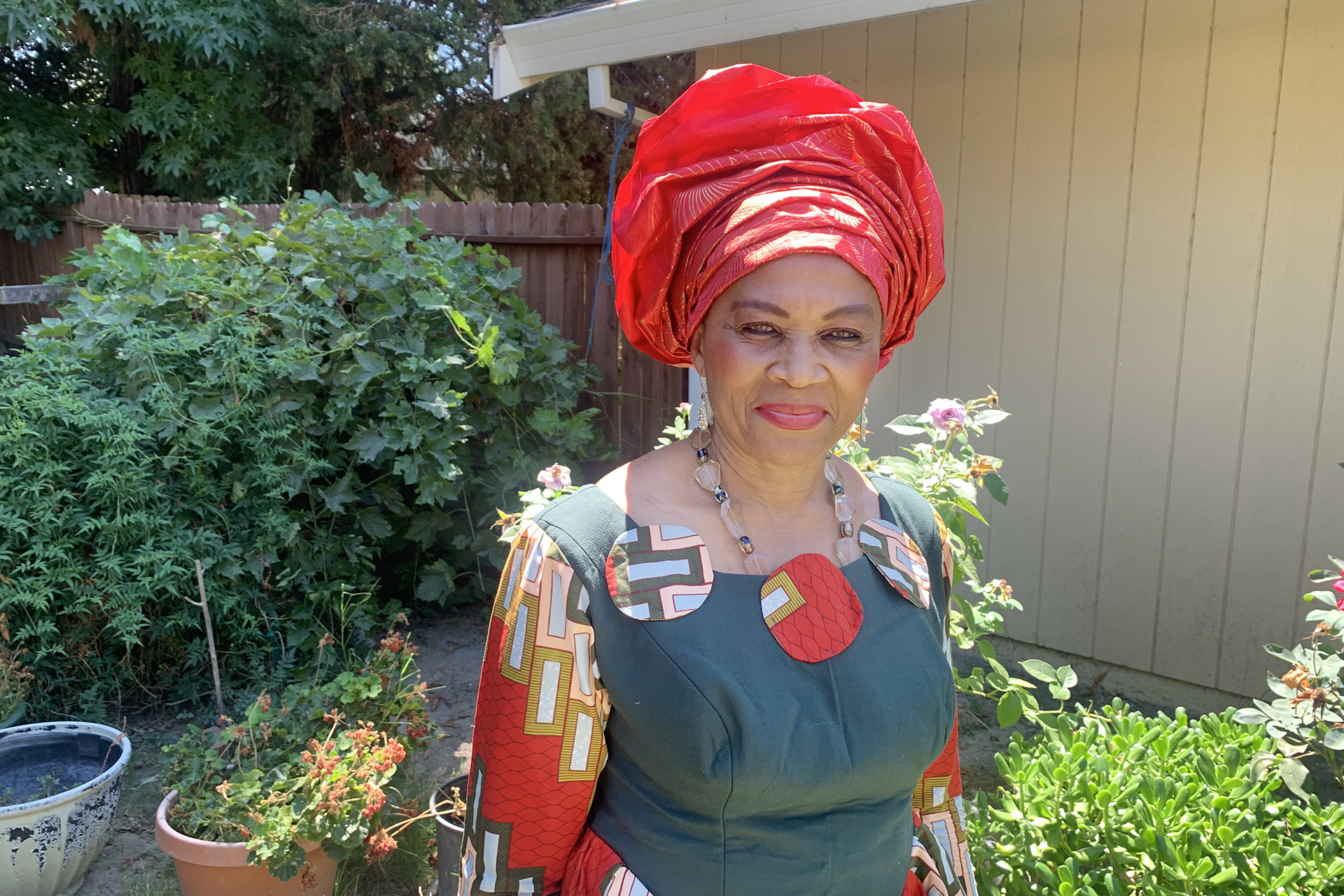
This Post Has 8 Comments
I grew up & foster homes my entire life…”Don’t ever quit &/or give up “Never” !!!There will be some lonely days & lonely nights; but Please, I beg you, to stay close to God….I beg you! He will help you to Fight–Scratch-&-Claw & always keep a Job… You have to do this on your own……Please, finish High School & Go to College…and make something of yourself. God, will remain with. You can do this!! But, you will have fight……..I’m 66 now…..it’s unbelievable that I made it this far. God is Good…all the time.
My heart goes out to these young adults. Wishing them all the strength and guidance to continue with their passion to change their course and work towards healing for a positive-fulfilling life. The more we listen, the more we can learn to help the next generation to thrive.
This touched my heart! These young people are destined to do great things in life and in the community!
Thank you for this article. It sheds much needed light into the experiences children in foster care go through. This applies not only to youth who age out of foster care but for those adopted from foster care. These youth need as much ongoing support as they can get. Again, thank you.
Wonderful article. Thank you to these your leaders for speaking up and sharing their story. this is a great eye opener. May God bless each of you!
Thank you for sharing the experience and wisdom of these four individuals. I found this informative and inspiring.
Thank you for your transparency in sharing your life stories! My heart aches for each of you who have expierenced such traumatic events at an early age. May you each of you find strength to stand up for what’s right and may each of you make a difference in bringing awareness to those around you!
May GOD bless each of your lives and what’s to come in the future!! I commend each of you!
I want to thank Lynn Mundell for featuring this piece, and especially thank the 4 contributors for courageously adding their voices to our understanding of the experience of youth in foster care. Especially with the new research showing that Adverse Childhood Experiences (ACEs) is such a huge contributor to health problems in adulthood, it is more crucial than ever that we find ways to support individuals in foster care so that they can heal from past traumas and move forward with their lives. Listening is always a good place to start.